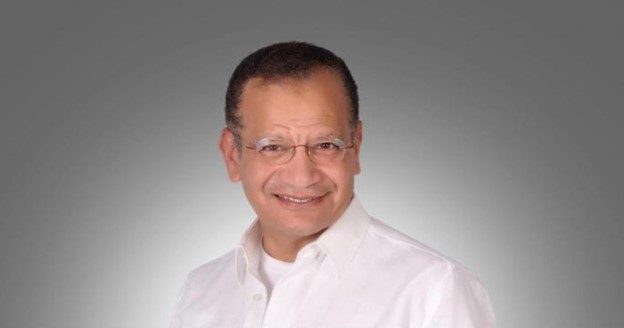
As the national dialogue approaches amid promises of openness to alternative viewpoints, at least two people have been imprisoned this month for social media posts criticizing the regime.
Doctor Hany Soliman appeared before the Supreme State Security Prosecution on April 2, one week after he was arrested and forcibly disappeared over his Facebook post criticizing General Abdel Fattah al-Sisi’s regime.
On March 26, Soliman, who has previously worked for American pharmaceutical giant Pfizer and the Ministry of Health’s National Training Institute, speculated online about what would happen if al-Sisi were ever ousted from power.
The ‘president’, he claimed, will cling to power out of fear that any future government would prosecute him for corruption, human rights violations, and failures of governance.
Soliman also wrote that, unlike in other countries, Egyptians who ask questions of the regime “do not find a response…but rather we often find denunciation and rebuke, and perhaps punishment.” He was arrested the next day.
After a week of enforced disappearance, prosecutors ordered Soliman detained for 15 days under the classic political prisoner trio of charges: joining a terrorist group, spreading false news, and misusing social media.
Soliman’s case is far from unique. Another Egyptian man, Amer Abdel-Harith Mahmoud Muhammad, was imprisoned the day before under the same charges for criticizing political and economic policies in Egypt on his Facebook account. He had earlier been deported from Kuwait and then detained inside Cairo Airport for several days.
In a similar vein, a woman named Maryam Mahmoud Radwan appeared yesterday before prosecutors for the first time since she was arrested in Libya more than four years ago.
She and her children, who have now been handed over to their father’s family, were reportedly all held by the Egyptian General Intelligence Authority during that period.
The Egyptian Network for Human Rights also documented Badr 3 Prison authorities’ continuing punishment of protesting detainees, including through torture and food cuts.
Representatives from several human rights organizations, such as the Egyptian Initiative for Personal Rights (EIPR) and the Association for Freedom of Thought and Expression, met with national dialogue coordinator Diaa Rashwan Sunday to discuss the human rights community’s concerns ahead of the dialogue.
The national dialogue, first announced by al-Sisi one year ago, is supposed to begin on May 3 and will include subcommittees on political and human rights.
In Sunday’s meeting, the participants also called for the imminent NGO registration deadline to be extended.
All local and foreign NGOs operating in Egypt must register under the repressive NGO law by tomorrow or face dissolution. Even before the deadline, authorities have already used the NGO law to justify the arrests of three EIPR staff members, claiming that the organization was operating in violation of the law.
The Egyptian cabinet, however, Monday denied reports that the government intends to extend the deadline and reiterated that organizations that fail to register in time will be referred to the judiciary for dissolution.



